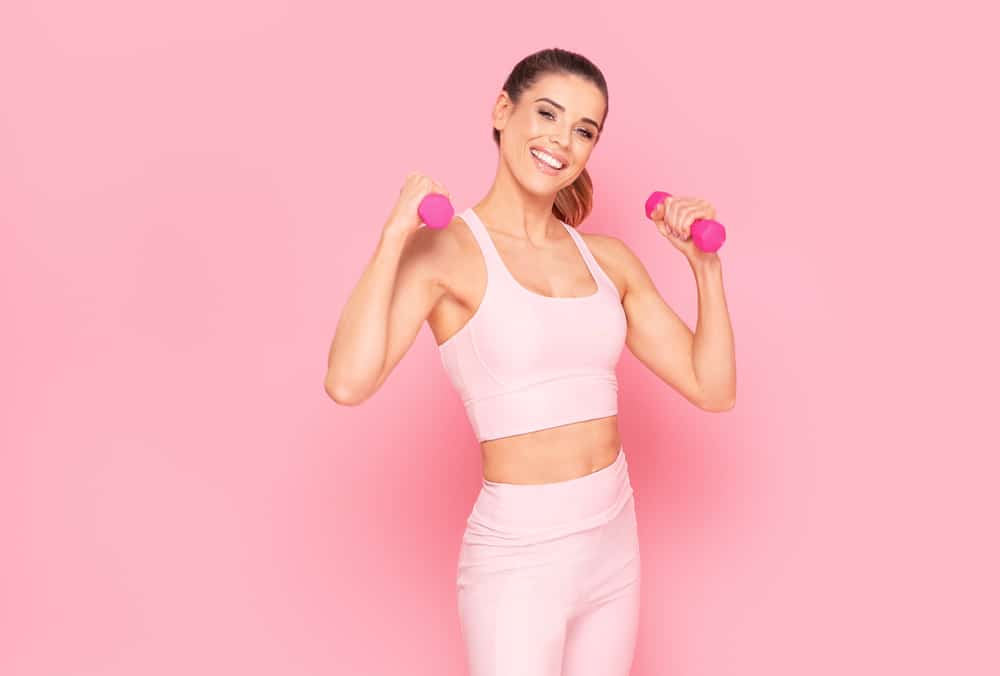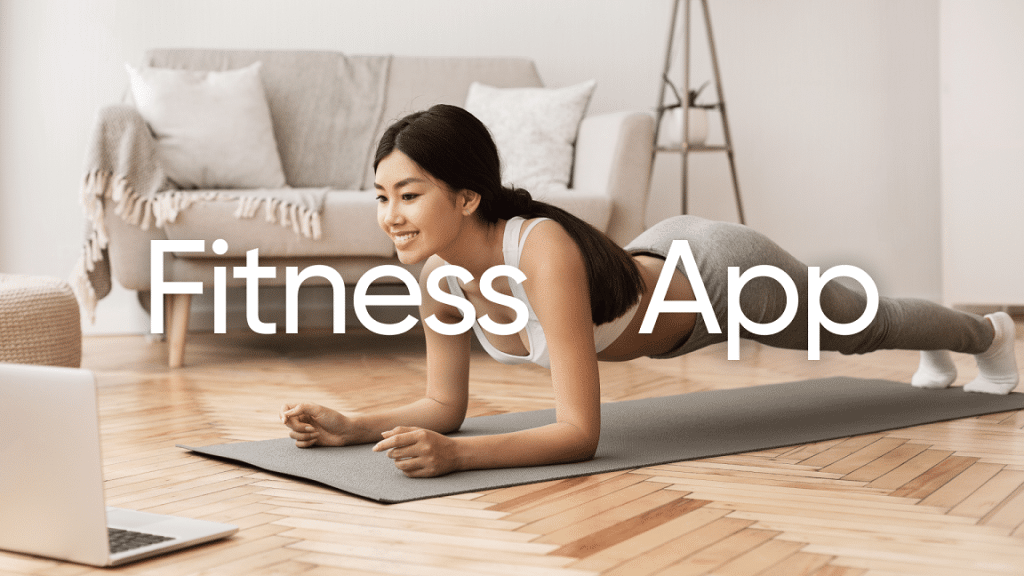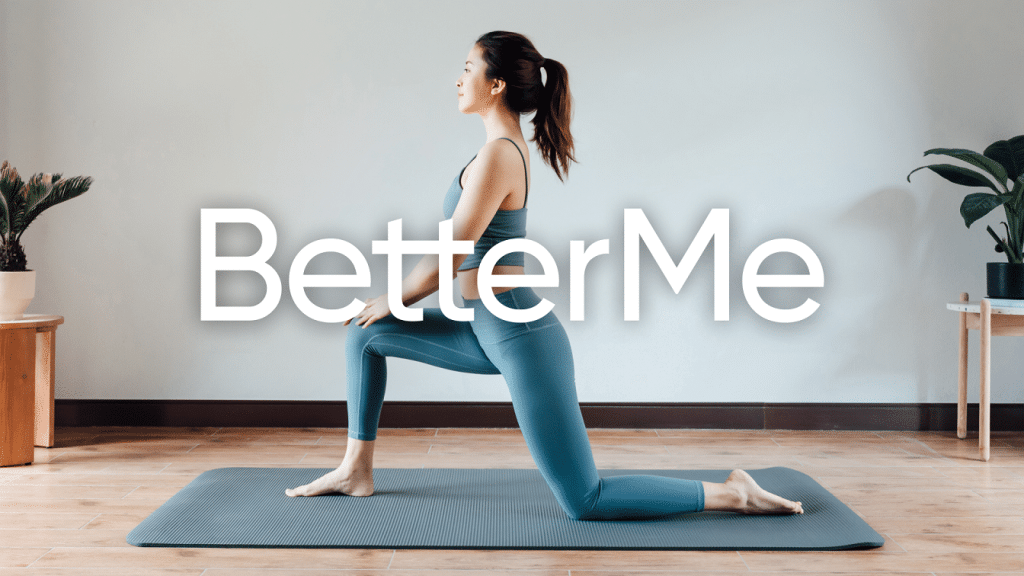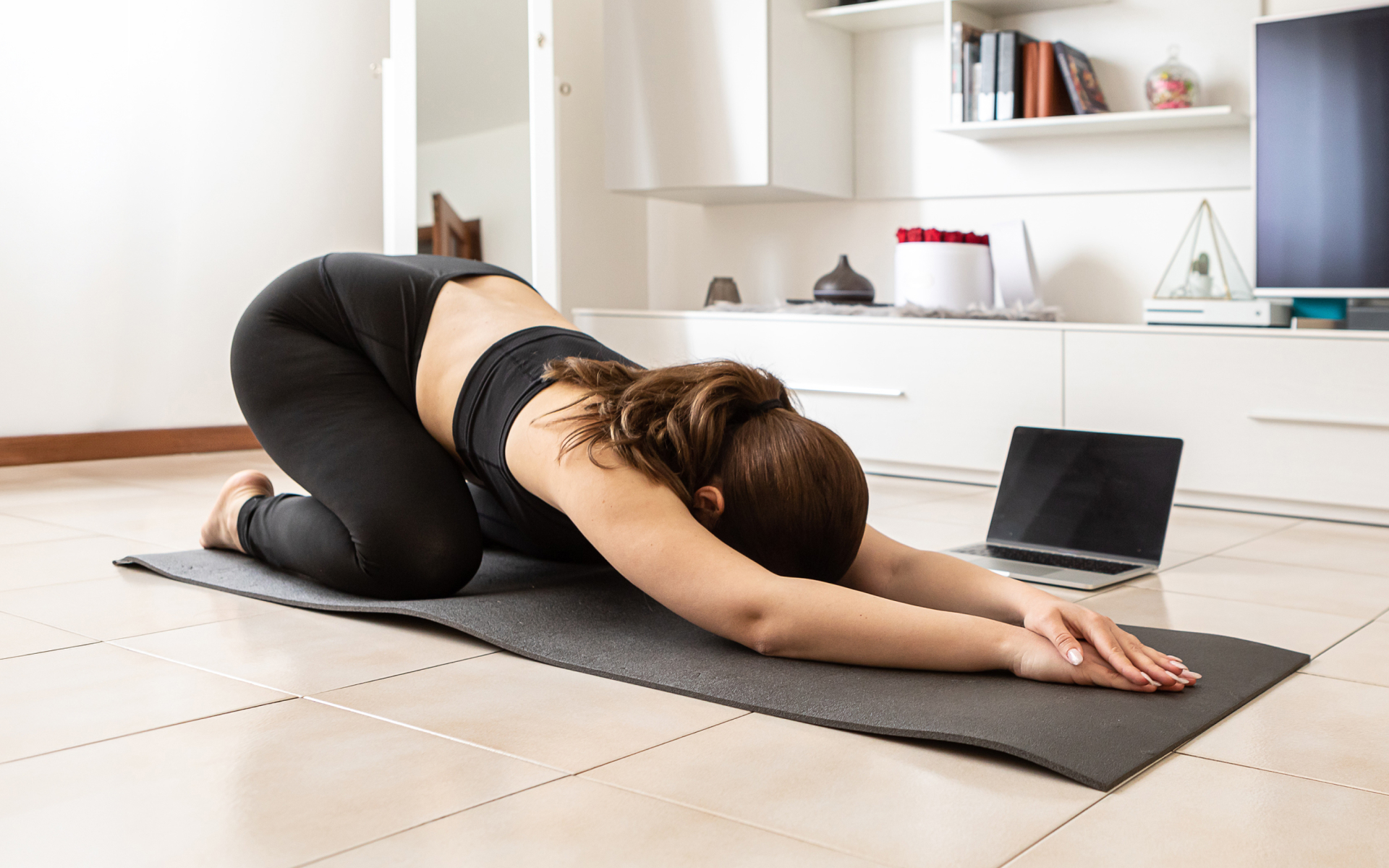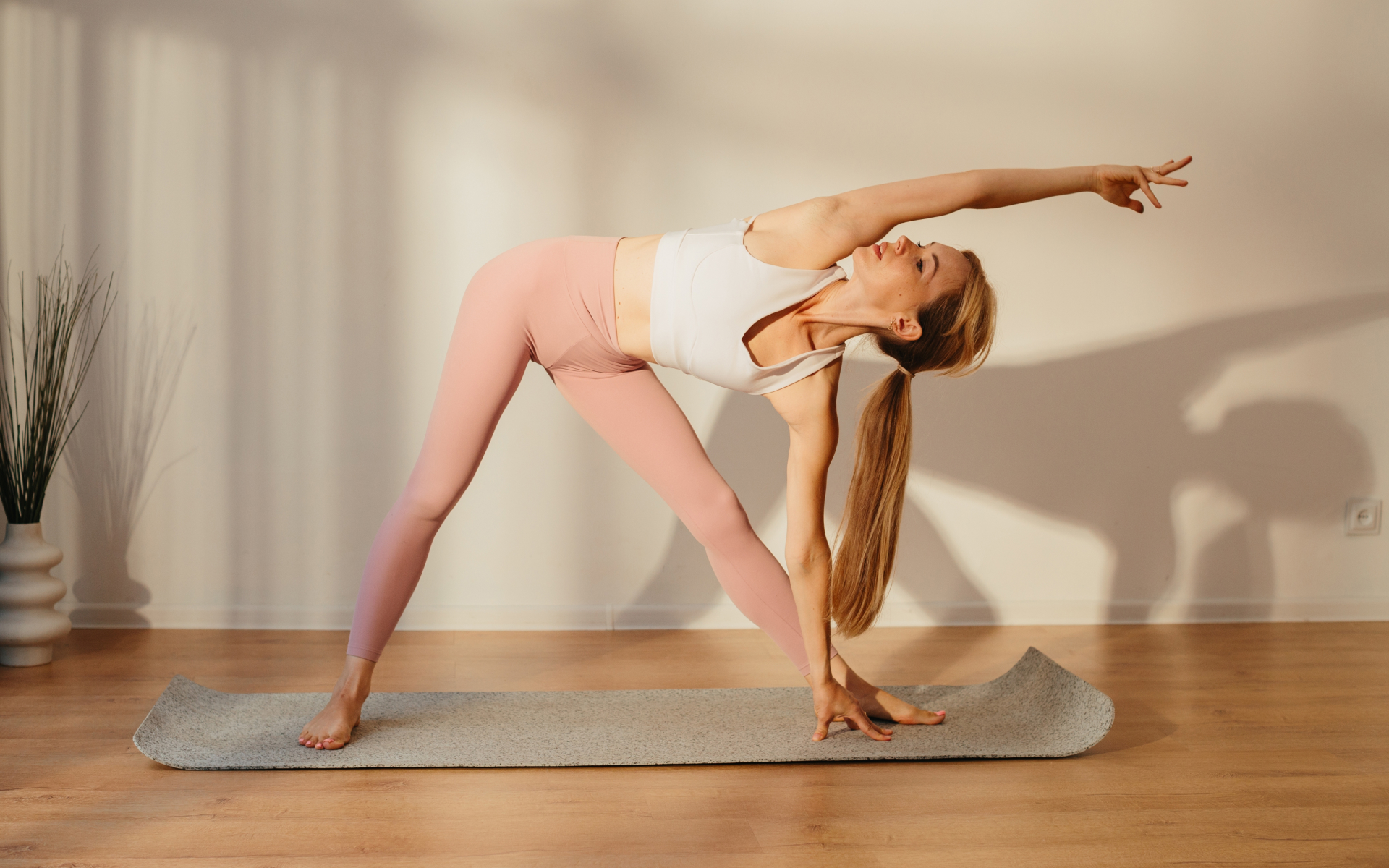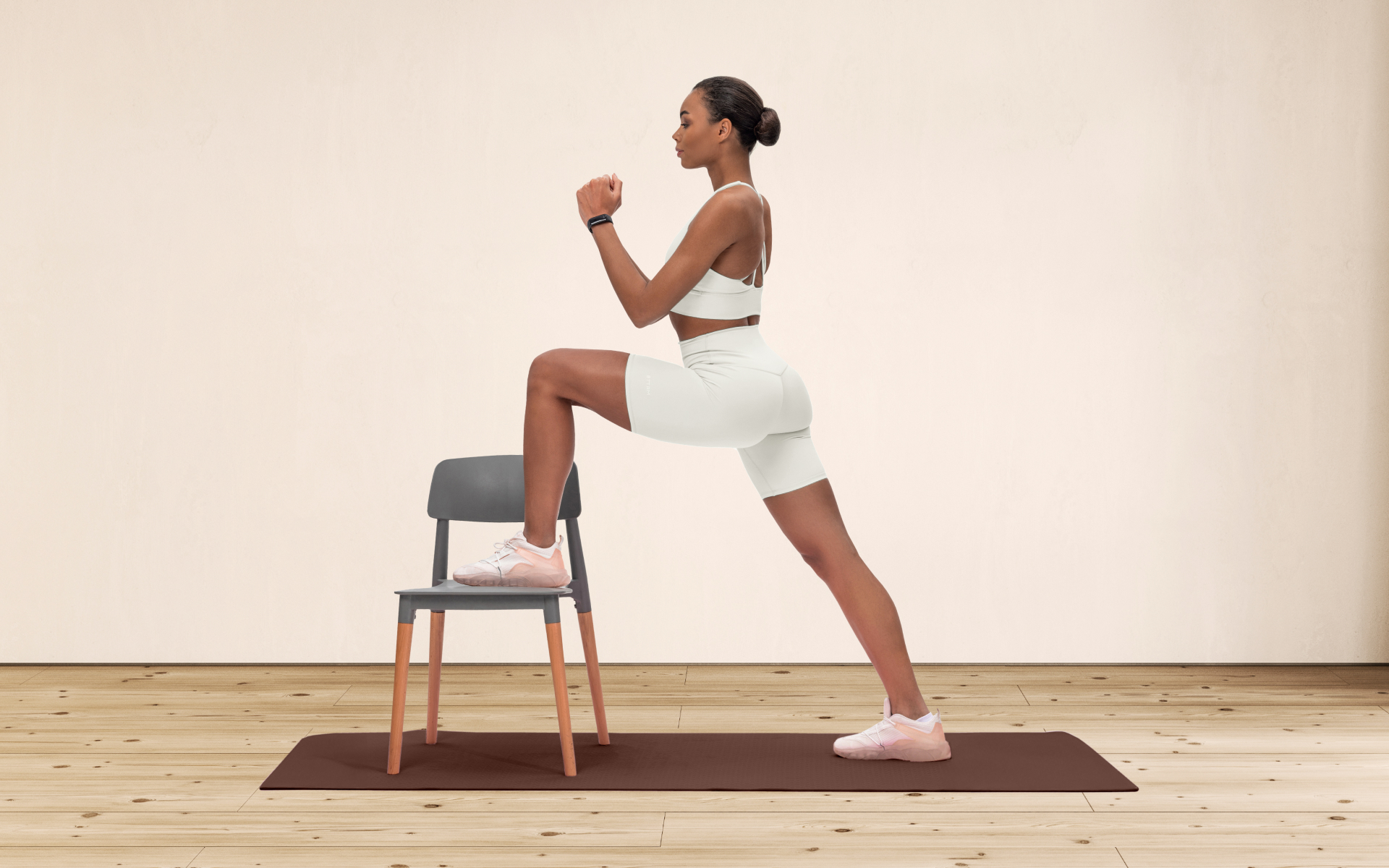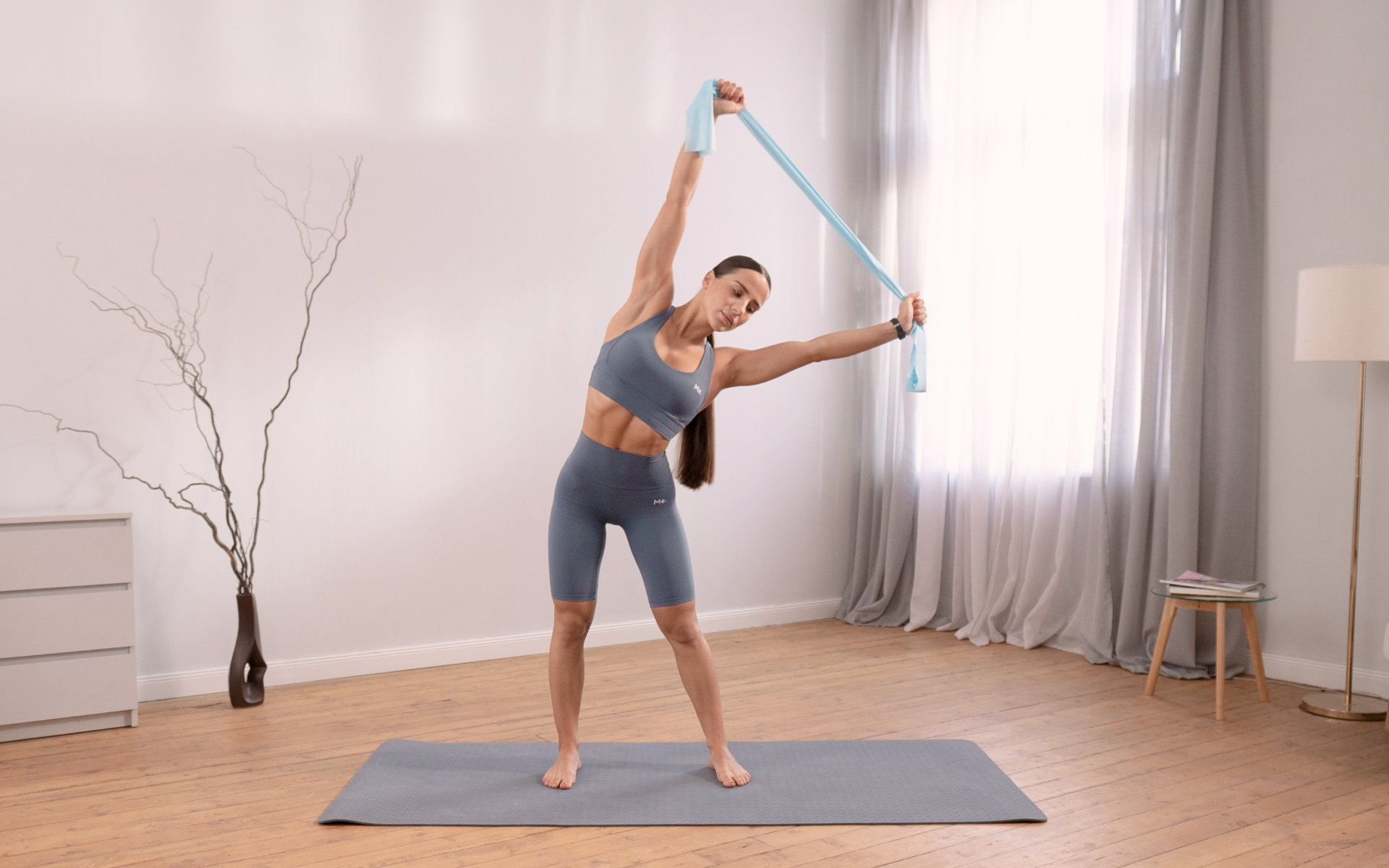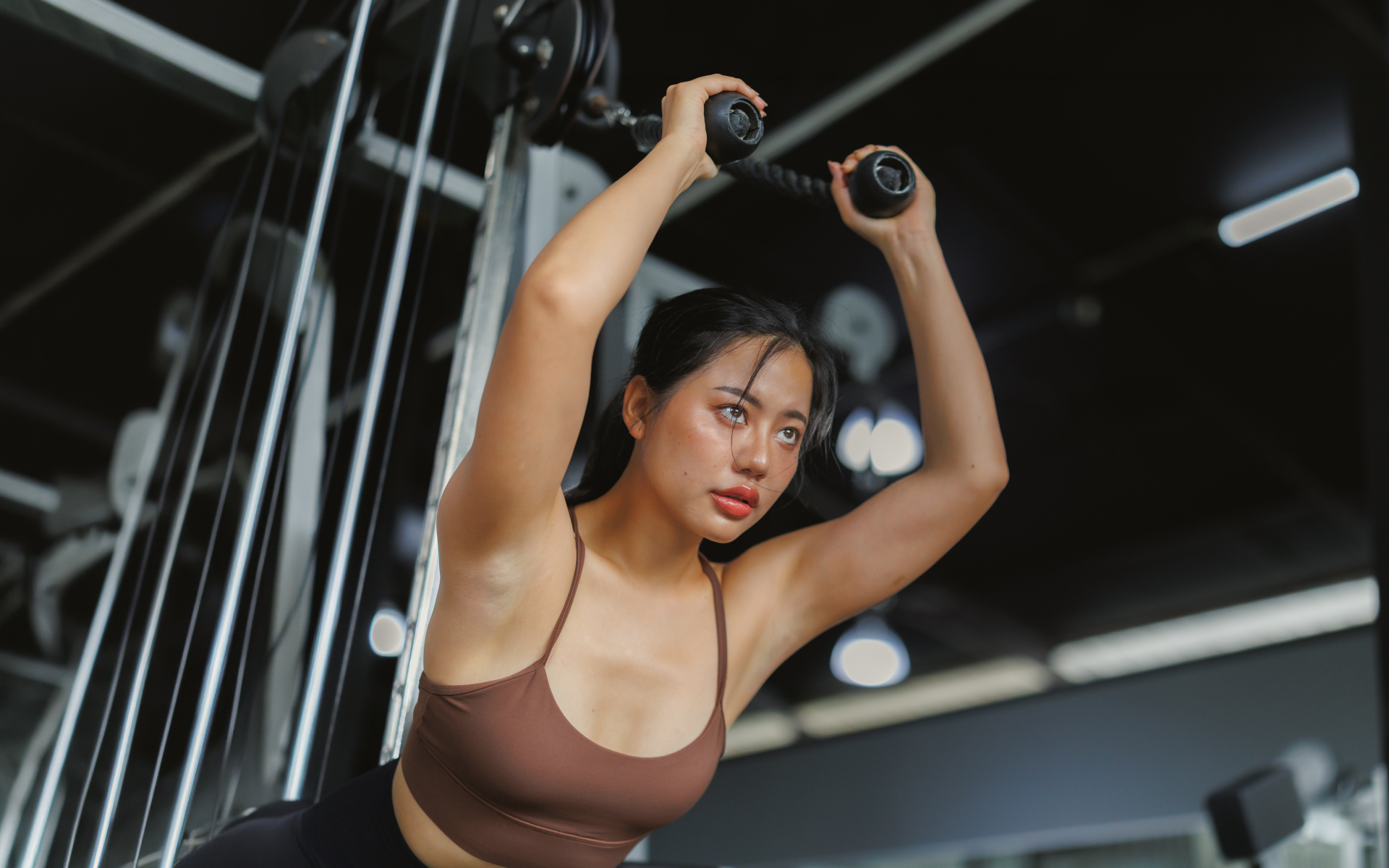You probably dread that time of the month when you receive your period. The cramping, mood swings, and nausea make it almost impossible to get anything done. Most women stop working out during their periods. It can be annoying to get through a 30 minutes workout with the hormone fluctuations causing havoc in your body. But can exercise make your period heavier? Are there any benefits to exercising during your period? Here are the facts about working out on your period.
Can Exercise Make Your Period Heavier?
Exercising for most women might be the last thing they want to do during their periods. Many skip workouts because they aren’t in the mood, are experiencing period pain, or it’s uncomfortable. Some women may be worried that exercise may make their periods heavier, which is the last thing anyone wants.
But can exercise cause heavy periods? No, working out does not make your flow heavier. Exercising during your menses has benefits. So there is no reason to skip your workout or attend your gym sessions.
The medical term used to refer to unusually long or heavy menstrual bleeding is menorrhagia. The average blood loss during menstruation is usually around 30 to 40 milliliters or 2 to 3 tablespoons over 4 to 5 days. Some research, however, indicates that the volume may be about 60 mls. The classical definition of menorrhagia is blood loss greater than 80 mls per cycle (4).
With menorrhagia, the flow may last longer than 7 days and is so heavy that you’ll have to change your pad or tampon hourly for at least a day. You may also have cramps that interfere with your daily activities. With this condition, you may also need to wear two pads at a time to manage the heavy flow.
It has many other causes and luckily exercise is not one of them. Usually, heavy periods may signify an underlying medical condition or a side effect of some medications. Some women have heavy periods from the first menstrual flow, while others begin after years of typical periods.
It is almost crucial to note that getting heavy periods is different from inducing or making your periods come faster. What makes your period come faster? A few ways of inducing your period are said to include eating ginger, turmeric, pineapple, parsley, and hormonal birth control.
It is advisable to talk to your doctor if your menstrual flow is unusually heavy. This is because it could lead to anemia (5), making you feel easily tired and out of breath. Other complications of menorrhagia include iron deficiency, pale skin, weakness, and severe pain.
To diagnose menorrhagia, doctors take a detailed medical history, ask you to describe your symptoms, and conduct several tests. They include physical examination, pelvic ultrasound, pap test, and other lab tests.
Read More: Why Do Women Crave Chocolate On Their Period?
 What Causes Heavy Periods?
What Causes Heavy Periods?
Common causes of prolonged periods:
- Hormonal imbalance: During every menstrual cycle, a lining called the endometrium builds up in the uterus, which is shed during your period. If there is an imbalance in normal hormone levels of estrogen and progesterone, the lining can become too thick. This may lead to heavier bleeding when the thicker lining is shed.
- Ovarian dysfunction: Usually, one ovary releases an egg every month. If the ovary does not release an egg, progesterone is not produced, resulting in a hormonal imbalance. This can also cause a thicker lining to build up, causing heavy menses.
- Uterine growths: Uterine growths such as polyps and fibroids can cause heavy menstrual bleeding. Uterine polyps are benign growths within the uterus lining that result in higher hormone levels. Fibroids are non-cancerous growth that develops in the uterus.
- Medications: Certain medications such as anti-inflammatory drugs and blood thinners can lead to heavy bleeding.
- Pregnancy-related complications: Examples include miscarriage and ectopic pregnancy (when implantation occurs outside the uterus).
- Certain IUDs: Many women use a small intrauterine device for contraception. A non-hormonal intrauterine device can result in heavy bleeding.
- Certain female cancers: Even though this is rare, cancer of the ovaries, cervix, or uterus may cause bleeding in some women that may mimic a heavy period.
- Bleeding disorders: Some inherited bleeding disorders such as Von Willebrand’s disease or platelet function disorder can cause heavy periods.
- Pelvic inflammatory disease: PID is an infection of the female reproductive organs that leads to scar formations between tissue and organs. It may cause heavy menstrual bleeding or bleeding in between periods.
- Adenomyosis: This is a condition where endometrial tissue grows into and becomes embedded in the uterus’ muscle wall (myometrium). This makes the uterine wall grow thicker, leading to a heavy menstrual flow.
Often birth control pills are used to treat heavy periods as they alter the balance of hormones. In the case of fibroid, surgery is done to remove the growth. In other instances, doctors perform a simple procedure called dilation and curettage to remove the outermost layer of the uterus lining.
Whether you’re a workout beast or just a beginner making your first foray into the world of fitness and dieting – BetterMe has a lot to offer to both newbies and experts! Install the app and experience the versatility first-hand!
 What Happens When You Work Out On Your Periods?
What Happens When You Work Out On Your Periods?
Contrary to popular belief, exercising during your periods is safe and is encouraged by experts. Exercise helps you build muscle, lose weight and gain strength. Regular exercise may also cause changes in your menstrual cycle. The changes are subtle or extreme depending on how your body responds to an increased physical activity level.
So, do you burn more calories on your period? No, not necessarily, as the number of calories you burn depends on the intensity, duration, and type of workout. Usually, during your period, it is advised that you reduce the intensity and duration of your workouts. You may thus burn fewer calories during
There’s no need to skip your workout as it can help ease some of the issues that accompany menstruation. Keep in mind that if you don’t feel up to it, it’s okay not to exercise at this time.
Benefits Of Working Out On Period
Here are the benefits of working out on your period:
Helps With Period-Related Symptoms
Working out during your period can help you deal with the symptoms that make your period annoying. Most women experience fatigue and moods before and during their periods. Regular aerobic exercises help lessen these symptoms (3).
When you exercise, you increase your heart circulation and lung function. The increased circulation along with endorphins can help with headaches. It can also help with bloating, as when you sweat, water leaves your body, minimizing the bloating.
 Combat Period Pain
Combat Period Pain
Period pain is common, but the severity varies from one woman to another. Painful periods are referred to as dysmenorrhea. With primary dysmenorrhea, exercises can naturally help relieve menstrual cramps.
When you exercise, the brain releases endorphins (2), which affect how the body reacts to pain and stress. Endorphins block pain receptors in the brain, helping to reduce the amount of pain you feel from the cramping. A short walk, swimming, cycling, and swimming are excellent choices and can help provide relief.
Endorphins also help with stress. But can stress affect your periods? Yes, stress negatively affects your menstrual cycle as it may become longer or shorter, your periods may stop or become more painful (6). Exercise helps reduce stress which worsens menstrual pain.
It is also believed that hormonal changes linked to regular exercise reduce the concentration of prostaglandins. Prostaglandins cause the muscles and blood vessels in your uterus to contract. That is why taking drugs that block the production of prostaglandins like ibuprofen help relieve period cramps.
Read More: Food Cravings Before Period: Why They’re So Vicious And What You Can Do About Them
Boost Your Mood
Mood swings are common before and during your period. Endorphins released during exercise not only help with pain but also boost your mood. These chemicals trigger a positive feeling. The feeling that follows a workout is often known as runner’s high and is described as euphoric.
If you are up to the task, try taking a brisk walk or a quick jog in the park instead of watching sad romantic films while eating a tub of ice cream. You can bring a friend with you to make it more enjoyable.
 Can Make Your Flow Lighter
Can Make Your Flow Lighter
Regular exercise may also cause changes in your flow. Increased physical activity does not make your flow heavier. Hormonal changes from a regular workout routine can subtly affect your body and make your flow lighter.
One reason for this is that working out regularly may result in weight loss. Adipose tissue produces estrogen, and the more fat you have, the more estrogen is made (1). Excess estrogen can cause the build-up of the uterus lining to be thicker than usual. The thicker the endometrium is, the heavier the menstrual flow.
With weight loss, you lose body fat and have less estrogen in your body. This, in turn, reduces the build-up of your uterus lining during the first half of your cycle. A thinner lining means a lighter menstrual flow. This can become a problem if you lose too much weight and your estrogen levels become too low, so maintaining your weight within a healthy range is key for a healthy menstrual cycle.
Experience More Power And Strength
When your period begins, the estrogen and progesterone levels drop. As a result, you can access glycogen/carbohydrates compared to high-estrogen phases when your body relies more on the breakdown of fats. The low estrogen levels make fuel more accessible.
This shift allows you to get more out of short, fast-paced fitness routines than any other time of the month. One study observed that the first two weeks of the menstrual cycle might allow you to achieve more significant gains in power and strength due to lower levels of the female hormones.
 Best Workouts For That Time Of The Month
Best Workouts For That Time Of The Month
When working out during your period, it is important not to overdo it and go for light workouts if that’s what your body is asking for. It is not the time to see how far you can stretch your body or how much it can take. It is best to reduce the intensity of your workouts.
Here are a few ideas to change your typical exercise routine:
Walking
Yes, walking is exercising. It does not require any equipment, location, or a trainer. You can walk for as long as you want or as much as you need. Walking allows you to absorb the sight in your neighborhood and effortlessly increase your physical activity.
Light Cardio
Keep your cardio exercise at a lower intensity than usual. Working out during your period should not be stressful. Whether you are cycling, jogging, or swimming, go easy and consider working out for a shorter period or a lesser intensity.
 Pilates And Yoga For Menstruation Cramps
Pilates And Yoga For Menstruation Cramps
Yoga and pilates are great for reducing period cramps and muscular fatigue. Yoga helps relax your muscles, while pilates is excellent for stretching the muscles. You can also consider doing hot yoga, just make sure to hydrate before, during, and after.
Low-Volume Strength Training
If you are up for it, consider trying light strength training exercises. Use lighter weights and/or reduce the duration of your workout. Do not overexert yourself much as there is increased potential for an increase in strength.
There are some activities that you should stay away from even though exercising has benefits. Do not do strenuous exercises or work out for prolonged periods. You may also want to avoid inversion-type yoga poses and cut back on intense cardio.
Pay attention to your body and if you feel fatigued or nauseous, stop working out and rest. Reduce training stress and volume, and do not exercise during your period if you are not in the mood. A few days’ rest will do you more good than harm.
Working out during your period doesn’t have to be uncomfortable. You might consider trying the tips below to help exercising during your periods more comfortable:
- Wear a well-fitting sports bra to hold your breasts in place as you move. Usually, your breasts become more tender during this time of the month.
- Drink lots of water to stay hydrated and minimize bloating.
- Wear loose-fitting, more comfortable leggings and not your usual yoga pants. You can also add an extra layer by wearing an extra-long t-shirt or putting on shorts over your leggings.
- Change into a fresh pad or tampon just before you begin working out.
- If you experience period pain, consider taking paracetamol or ibuprofen half an hour before your workout.
Conclusion
Regular exercise is good for your body and mind. No evidence points to exercising during your period being unsafe or that it causes heavy menstrual bleeding. On the contrary, experts encourage it as it may help ease period-related symptoms like cramping and bloating.
If you experience any unusual symptoms like bleeding in between periods for unexplained reasons, talk to your doctor. Listen to your body, eat well-balanced meals and drink a lot of water. Get moving but remember to reduce the intensity of your workouts. After all, who wouldn’t want to feel more energetic and experience less cramping.
DISCLAIMER:
This article is intended for general informational purposes only and does not address individual circumstances. It is not a substitute for professional advice or help and should not be relied on to make decisions of any kind. Any action you take upon the information presented in this article is strictly at your own risk and responsibility!
SOURCES:
- Adipose tissue estrogen production and metabolism in premenopausal women (2021, sciencedirect.com)
- Endorphins and exercise (1984, pubmed.ncbi.nlm.nih.gov)
- FAQs: Premenstrual Syndrome (PMS) (2021, acog.org)
- Heavy periods: Overview (2017, ncbi.nlm.nih.gov)
- Menorrhagia (2008, ncbi.nlm.nih.gov)
- To Evaluate the Effect of Perceived Stress on Menstrual Function (2015, ncbi.nlm.nih.gov)
